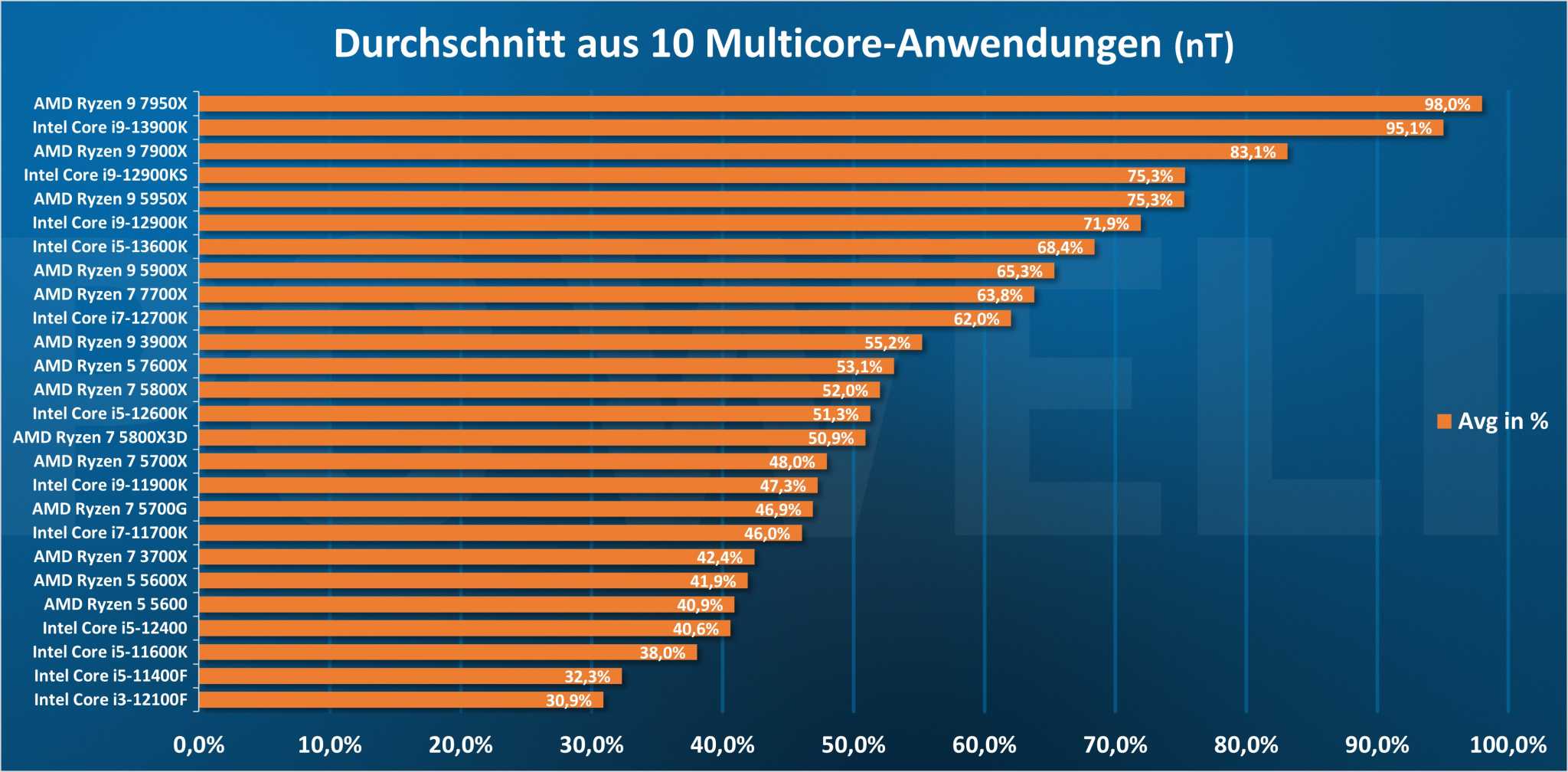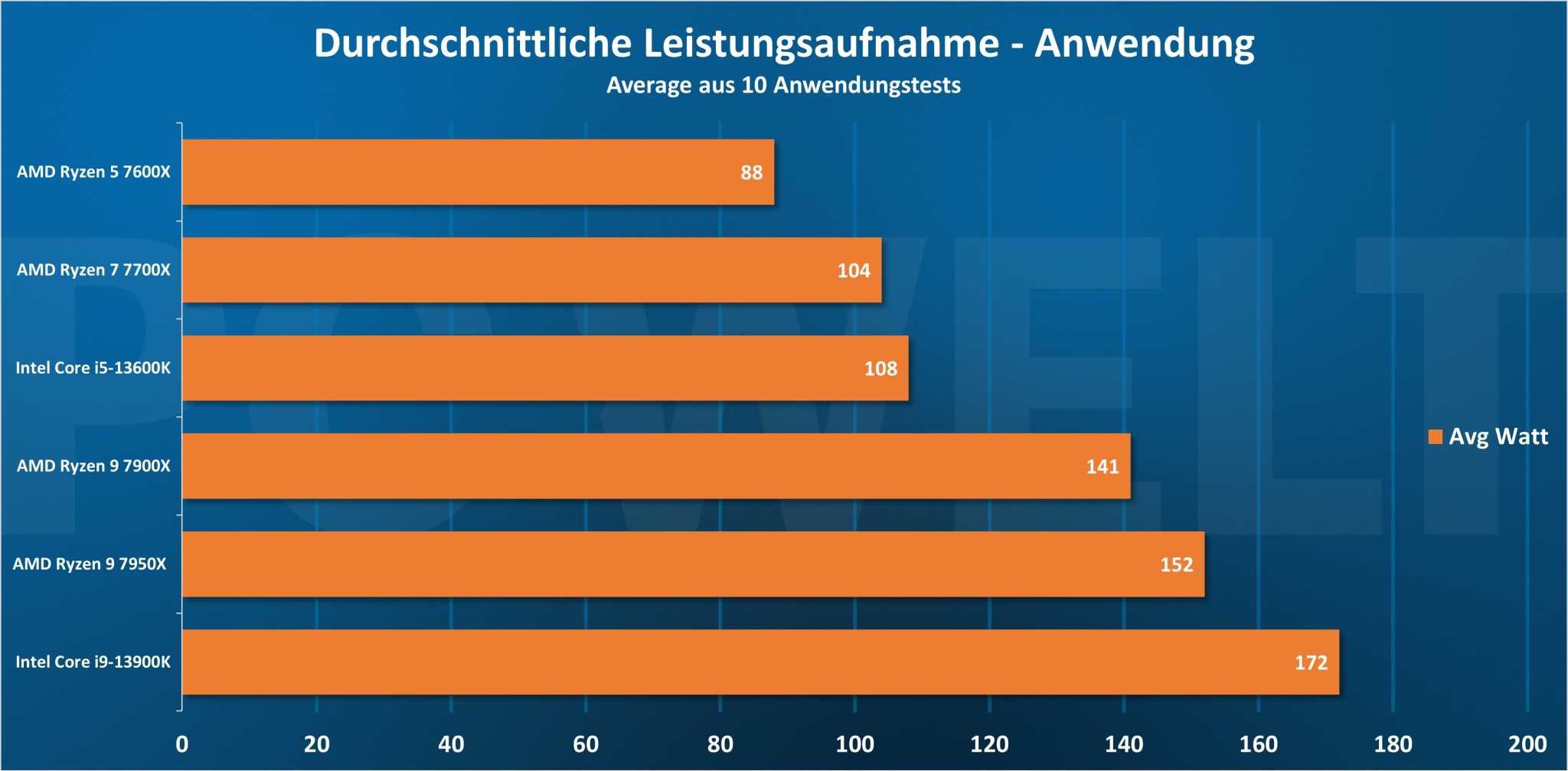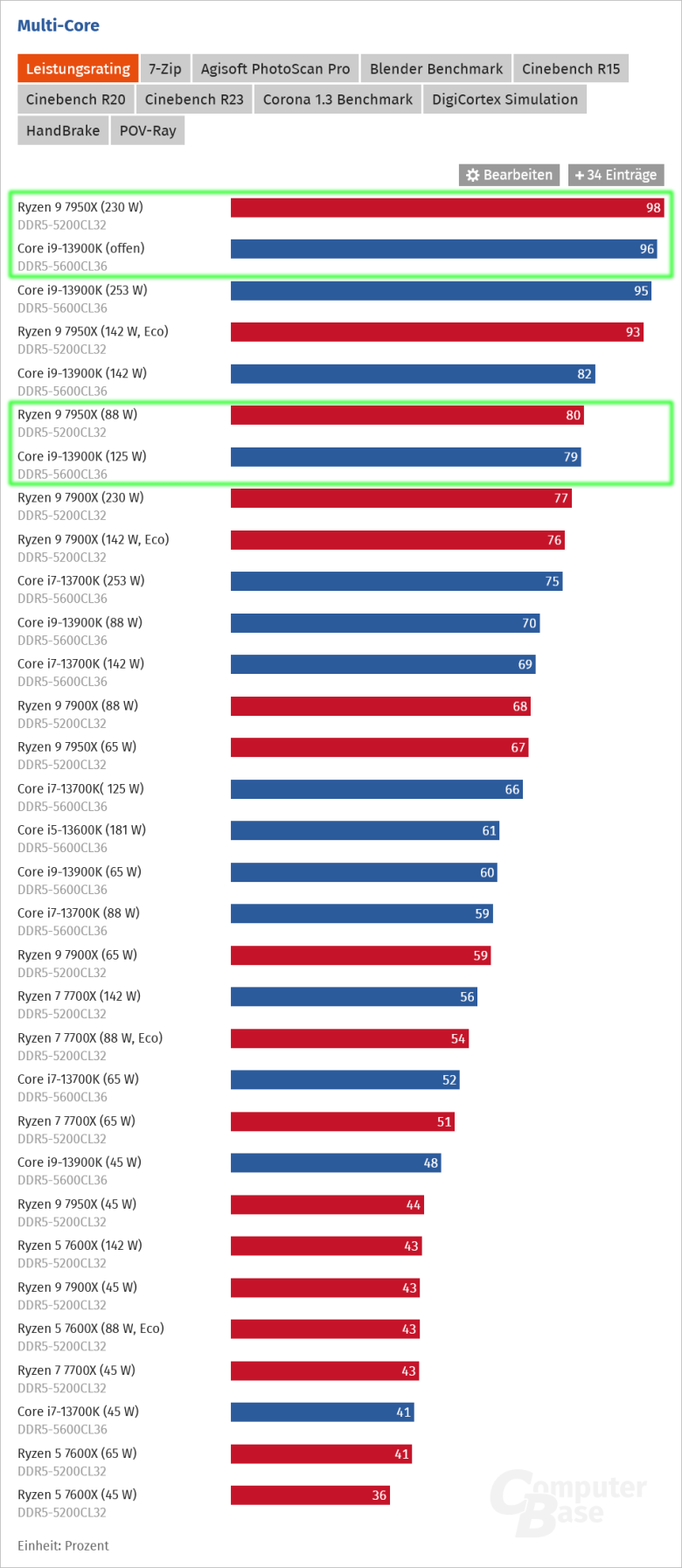Nobody, and by that I mean all of the people that read this article to make decisions on buying one or the other, care about "true" performance, they care about what their money will get them.
You can't get "true" performance comparison anyway unless you benchmark every single piece of software with every possible combination of workloads you can run in them...
Just curious about this part, but where do you base this opinion on?! Any link?
They don't specify timings, unless that is part of jedec, I'm not that into ram, but they do have max speeds for number of ranks and channels used.
And things like expo have overclocking right in their name.
AMD EXPO™ Memory Overclocking Technology
https://www.amd.com/en/product/12151




